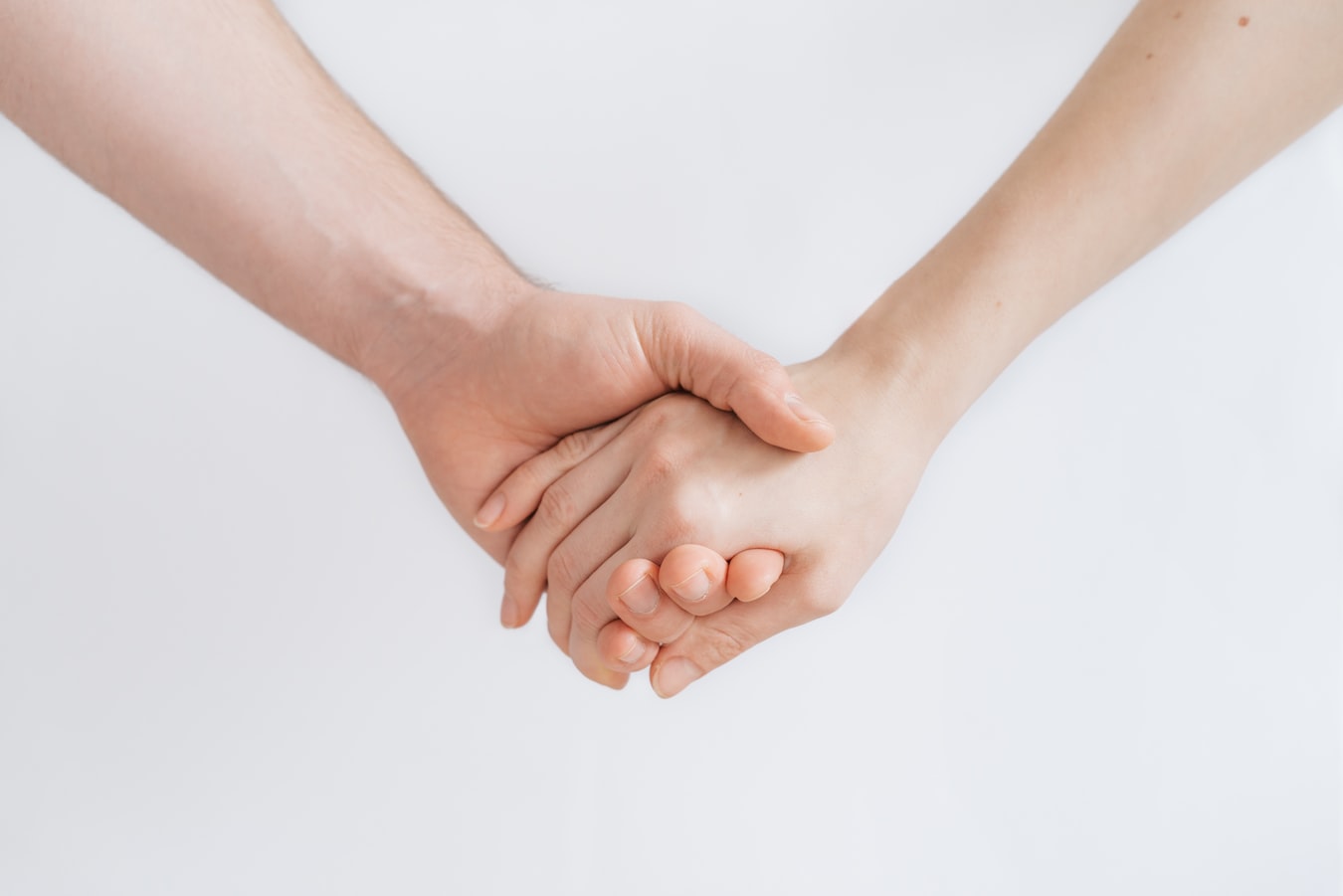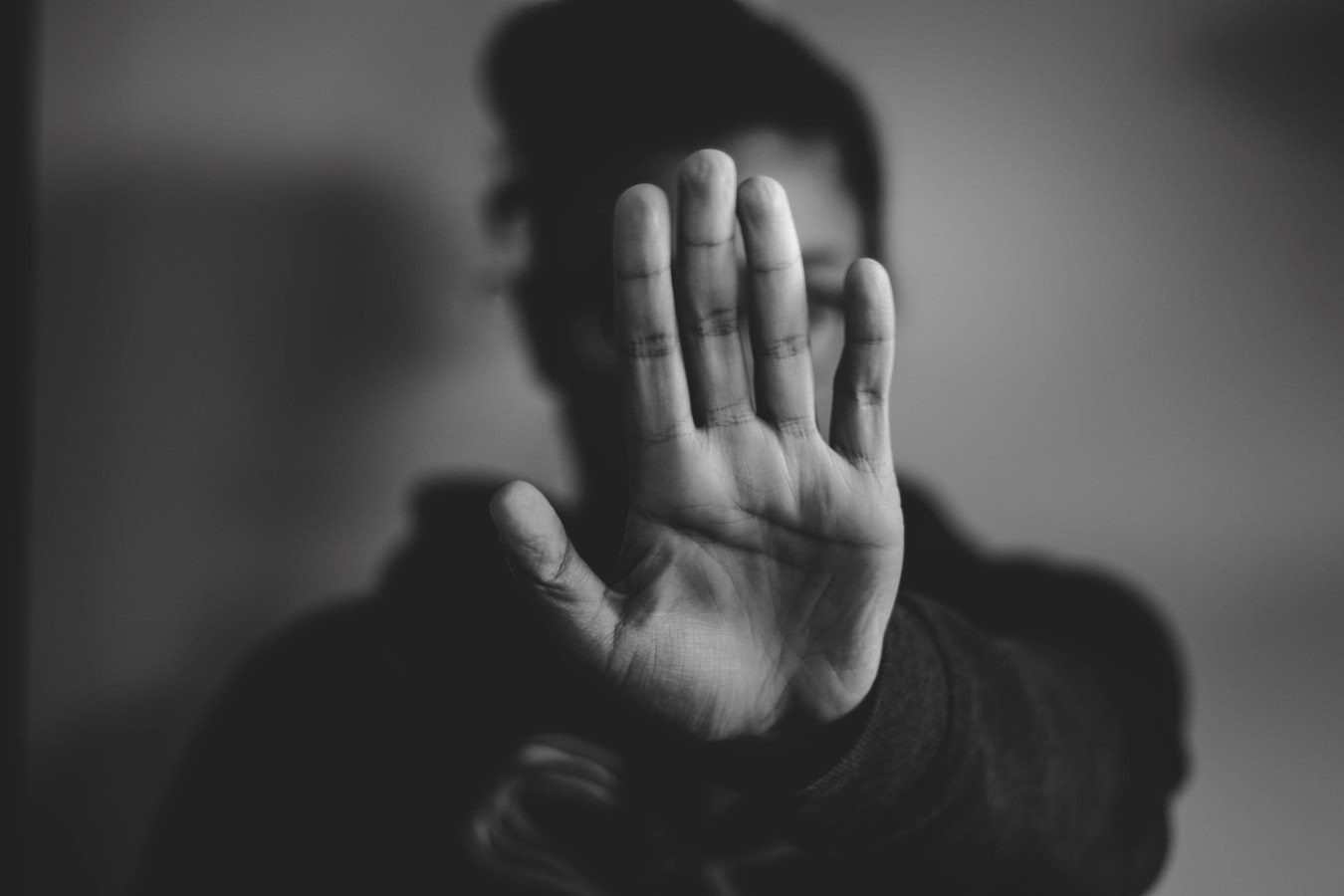Prescription and over-the-counter medications are some of the most commonly abused and misused drugs in the country. Medication can be an effective form of pain relief and other treatment when used properly and by prescription guidelines, but some can be problematic when abused.
Continued abuse and misuse of the drug can eventually turn into an addiction and, in some cases, overdose. In fact, over 47,000 Americans died in 2017 as a direct result of prescription medication, specifically opioids.
It should be noted that the trend is partially fueled by the misconception that because these drugs are used in a medical setting and are prescribed by physicians, they are safe. However, this is not always the case.
In fact, teenagers and young adults are one of the most at-risk subgroups when it comes to opioid addiction. But, according to the National Institute on Drug Abuse, misuse of prescription drugs is the highest among young adults aged 18 to 25 with 14.4% reporting non-medical use of some prescription in the past year.
Recognizing An Addiction To Pills
Addiction is something that can happen to anyone, at any age. If you notice that your child, spouse, or loved one is being careless with hygiene, has seen a decline in their professional life, has lost interest in activities, has changed eating or sleeping habits, or more, they may be abusing or misusing prescription medication.
While learning that your loved one may be addicted to some type of drug may be a scary thing, it is important to know that addiction can be successfully treated. Successful treatment may incorporate many components including detoxification, counseling, and medications. It should be mentioned that multiple courses of treatment are sometimes needed for a patient to make a full recovery as many patients experience a relapse.
However, to begin treatment, you first need your loved one to agree to go to treatment. The best way to go about this is to talk to your loved one about their abuse or misuse. This talk can be done in a group intervention setting or a more intimate way. Regardless of the way you go about it, be sure to approach the talk in a caring and warm way. Help your loved one understand that you aren’t doing this because you are critical of their lifestyle, but instead because you care about their safety and health.
After talking to your loved one about their use of prescription or over-the-counter medication, depending on the severity of the problem, it is probably a good idea to get them to agree to treatment. Withdrawing and trying to quit on your own is a lot to ask and, without the help of medical professionals and addiction experts, many who try to get sober on their own slip right back into the clutches of addiction.
Preventing Prescription Drug Abuse
There are a number of ways that prescription medication can be abused and misused, but physicians, patients, and pharmacists all can play a role in preventing non-medical use of prescription drugs.
Physicians need to be able to balance the legitimate medical needs of patients with the potential risk of misuse and related harms.
Patients can take a number of steps to ensure that their prescription medications are used appropriately. For example, never using another person’s prescription and never giving your medication to others is an easy way to prevent misuse.
Similarly, participating in drug take back days are a good way to not have an abundance of pills in your residence, it is also a good way to keep pills out of the hands of children and teenagers.
Pharmacists need to help patients by being sure that they completely understand the instructions for taking their medications and how the medication will work for their condition. Pharmacists can also be the first line of defense when it comes to prescription drug abuse by looking for prescription falsifications and alterations.
Prescription Misuse
Prescription pill misuse is defined as the use of a prescription drug in any way that it was not prescribed. For example, this can mean taking more of the drug that is prescribed at one time. It can mean taking pills longer than it was prescribed for.
It can also mean giving the drug to someone else if they are experiencing pain or other symptoms that the prescription medication may be able to address. Many people who misuse prescriptions do not even realize what they are doing is harmful.
Prescription misuse is a wide category, but not following prescription guidelines for certain drugs can lead to disastrous health consequences. In fact, increases in prescription drug misuse over the last 15 years are reflected in a rise in emergency room visits and overdose deaths associated with prescription drugs.
Prescription Abuse
Prescription abuse can technically be considered a form of misuse but is a more severe case of the issue. Abuse is taking prescription medication for the specific purpose of getting a rush or high from them.
Types of Abused Prescriptions
The commonly used classes of prescription drugs includes opioid pain relievers, stimulants, and depressants.
Opioids
Opioids are a class of drugs that are made from the opium poppy plant. While prescriptions are made from the plant directly, and others are made from a lab-made derivative using the same chemical structure. These are mainly used to relieve pain as the chemicals they contain help to relax the body. However, these drugs can also by used to create relaxation and a high — a reason why that they are abused and used for non-medical reasons.
It should be noted that heroin is an opioid and, while it is not used as a medicine in the United States, due to their chemical similarities and the cheapness of heroin, some people will switch from using prescription opioids to heroin.
Stimulants
Stimulants such as Ritalin or Adderall, are commonly prescribed for ADHD. Stimulants promote and enhance alertness, attention, and energy. Stimulants enhance the effects of some neurotransmitters like dopamine, which affects the feelings of pleasure. People using prescription stimulants will normally have a feeling of euphoria. At high doses, prescription stimulants can lead to dangerously high blood temperature, an irregular heartbeat, and even heart failure and seizures.
Depressants
Prescription depressants such as Xanax or Valium are prescribed to treat anxiety, panic, and sleep disorders. These medications slow brain activity and cause drowsiness, slurred speech, poor concentration, lowered blood pressure, and slowed breathing. These effects are enhanced when the prescriptions are misused.
In Conclusion
Prescription medications have become a top-tier threat in the United States. Prescription misuse and abuse is widespread in the country which eventually leads to addiction and, in turn, overdoses and deaths. If you believe that your or a loved one is dealing with a prescription abuse problem, it is important to prioritize treatment before the problems gets out of hand and even turns deadly.
At Landmark Recovery, we can offer your loved one access to a personalized treatment plan that features detoxification and group and individual therapy. Landmark can give your loved one the tools, education, and support network that will help to promote long-term sobriety to help conquer addiction. If you want to learn more about what Landmark can offer, please visit our website and reach out to our admissions team today.

Choose Recovery Over Addiction
We're here 24/7 to help you get the care you need to live life on your terms, without drugs or alcohol. Talk to our recovery specialists today and learn about our integrated treatment programs.





